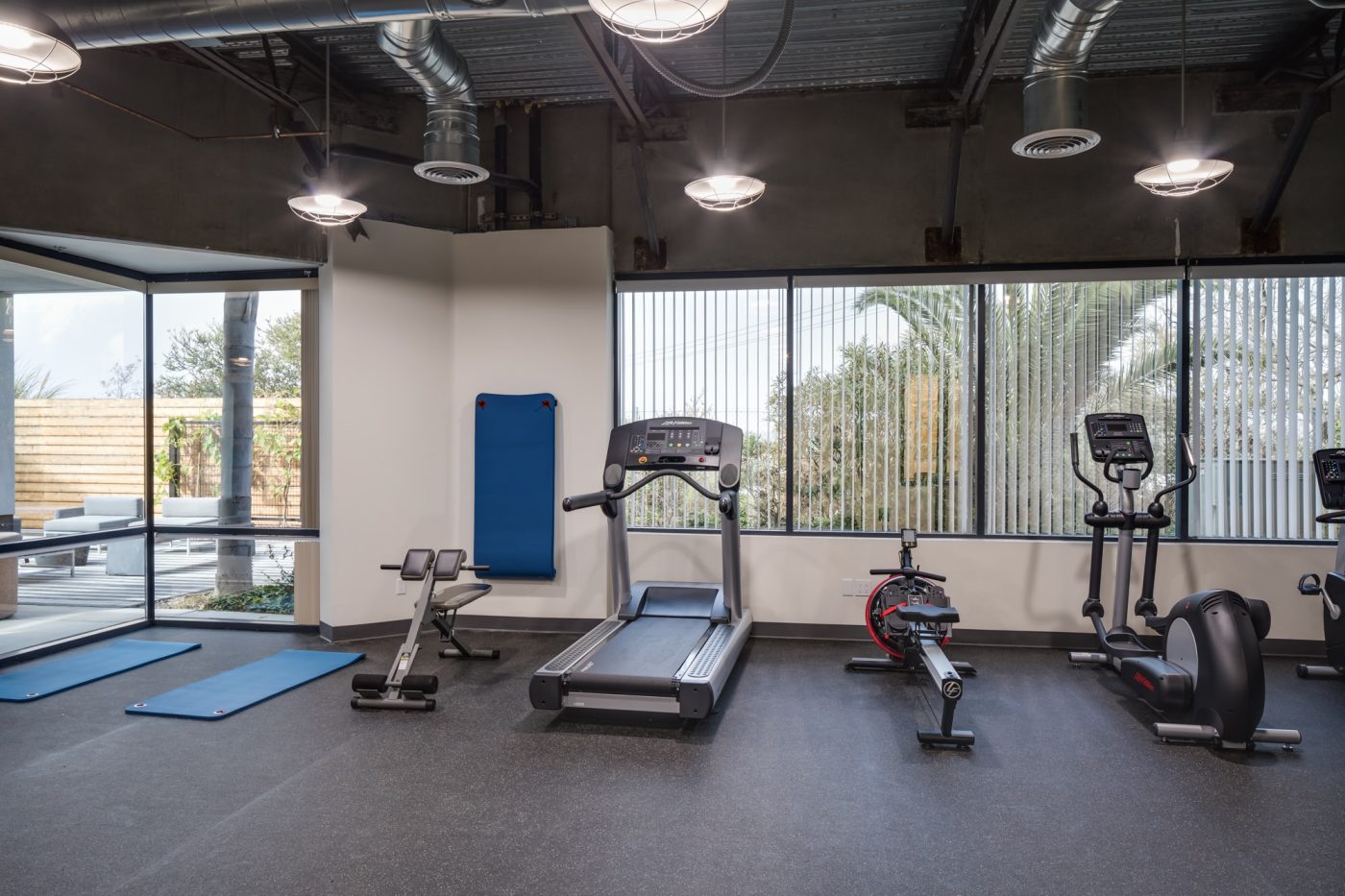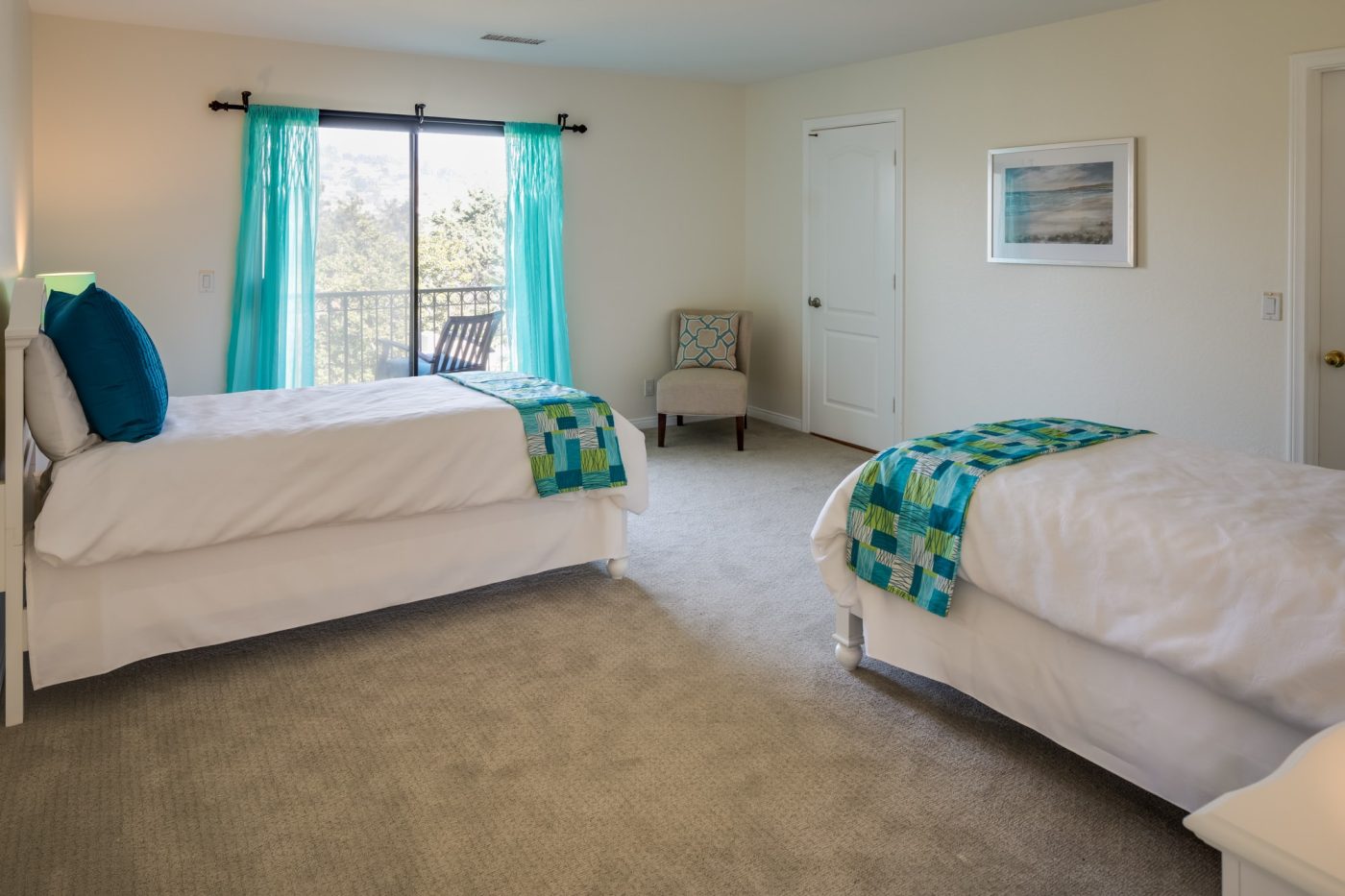Proudly serving Southern California, Montecatini Eating Disorder Treatment Center has helped transform the lives of females, ages 12 and up, struggling with eating disorders and co-occurring bipolar disorder for over 30 years.
Bipolar Disorder Treatment
Learn more about co-occurring bipolar disorder treatment at Montecatini Eating Disorder Treatment Center in Southern California
Bipolar disorder is a disorder of emotional extremes that consists of both manic and depressive episodes. People in the midst of manic episodes tend to have an excess of energy, reduced judgment, impulsive behavior, racing thoughts, reduced need for sleep, talkativeness, distractibility, and a sense of grandiosity about what they are able to accomplish. Conversely, during a depressive episode, a person can feel fatigued, be easily overwhelmed, have a depressed mood, have changes in sleeping and eating patterns, and lose one’s ability to experience pleasure. When an eating disorder occurs alongside bipolar disorder, the potential for disruption in a person’s life can be extraordinary if she does not seek professional care.
At Montecatini, we honor the courage that is required to seek rehab treatment for an eating disorder and co-occurring bipolar disorder, and as such, we recognize the importance of providing a safe and comforting environment where women can heal. Treatment at Montecatini includes attentive care from our highly-experienced and compassionate team, individualized treatment designed to meet each woman’s unique needs, and a treatment approach that helps women achieve their goals and dreams for the future. We believe that no matter how long one has suffered from an eating disorder and co-occurring bipolar disorder, healing and lasting freedom from such conditions are possible. Our mission is to support you every step of the way.
Helping a Loved One
Helping a loved one get treatment for bipolar disorder
Watching as a love one is bombarded by the effects of an eating disorder and co-occurring bipolar disorder can be a profoundly painful experience. As painful as the experience is, however, it is important to remember that you can be an important ally in your loved one’s recovery journey. Consider the following options:
- Learn all that you can about eating disorders, especially the eating disorder with which your loved one is struggling, and bipolar disorder.
- Read and speak with experts to understand how eating disorders and bipolar disorder can interact with one another.
- Research options for treatment and make a list of a few rehab centers that may be a good fit for your loved one.
- When the timing is right, discuss treatment options with your loved one. Try your best to remain patient, open, and nonjudgmental with her, recognizing that it may take time for her to realize she needs treatment.
- Once she has agreed to treatment, do your best to support her through her transition into treatment, and help with handling any logistical issues that may arise.
- During her time in treatment, talk with rehab center staff members about ways you can actively support your loved one.
- Take care of yourself during this process. Make sure to pay attention to your own physical, spiritual, and mental health, and call upon family and close friends to help support you and your loved one.
Why Consider Treatment
Why consider treatment for bipolar disorder
Eating disorders and bipolar disorder can each have devastating consequences on their own. When they occur together, however, the potential for disruption in an individual’s life is exponentially greater. Eating disorders are some of the most dangerous mental health disorders with a high risk of malnutrition, obesity, organ damage, physical impairment, and even suicide. When a person also has bipolar disorder, these risks are magnified. Bipolar disorder itself can also have severe negative health effects, such as an increased risk of contracting sexually-transmitted infections from risky sexual contact during a manic episode. In addition to the risk of physical harm, individuals with these disorders can also struggle to maintain healthy relationships, leaving them isolated and without support. They may struggle to perform at work, resulting in job loss, long-term unemployment, disability, and financial strain. Without proper care, individuals with an eating disorder and co-occurring bipolar disorder can face extremely difficult life circumstances. Fortunately, there is hope. With proper care, it is possible for women with these disorders to learn to manage their symptoms and live full and balanced lives.
Why consider Montecatini
Eating disorders are progressive and debilitating illnesses that, when left untreated, have the highest mortality rate of any mental illness. Depending on which eating disorder a person struggles with, she may suffer from malnutrition, obesity, organ damage, diabetes, and developmental problems, as well as other mental health disorders. Because of their pernicious and systemic nature, it is not enough to merely treat the physiological symptoms of an eating disorder. Instead, a person must also receive care for the co-occurring psychological issues that may cause her to return to her unhealthy eating behaviors. If treatment is to be truly successful in the long-term, it is important that each person receives a full spectrum of physiological and psychological treatment. At Montecatini:
- Treatment is provided in a warm, family-like atmosphere.
- Programming is supplied by staff members who demonstrate true empathy.
- Customized, multi-dimensional treatment plans are created for each patient.
- Skill-building opportunities are provided so that patients can learn to integrate healthy behaviors into daily living.
- Personalized, consistent care is afforded to each patient.
- Comprehensive family support and therapy are integral parts of treatment at Montecatini.
- Simultaneous treatment for co-occurring disorders is available.
- Renowned medical and psychiatric management round out the therapeutic services we offer.
- Nutrition therapy is factored into each patient’s treatment in order to help her reestablish a healthy relationship with food.
- A full continuum of care is offered in order to ensure each patient’s long-term recovery.
At Montecatini, we believe that no matter how long you have suffered from an eating disorder, recovery is possible and hope is manifested daily as we work together in support of your long-term healing and inner-peace.
Types of Treatment
Types of bipolar disorder treatment offered at Montecatini Eating Disorder Treatment Center
Since treating our very first patient in 1991, Montecatini has helped inspire and transform the lives of hundreds of women. We are nationally recognized as a leading provider of eating disorder treatment and we are dedicated to helping our patients resume their lives as healthy, joyful individuals who are ready to live to their fullest potential. Females aged 12 and up can heal in our residential, partial hospitalization, and intensive outpatient programs. These programs are designed to help our patients overcome anorexia nervosa, bulimia nervosa, or binge-eating disorder, as well as co-occurring mental health and substance use disorders, including bipolar disorder.
Montecatini is located just three miles from the Pacific Coastline in picturesque Carlsbad, California. The center itself exudes the comfort and safety akin to being at home, and our staff puts forth every effort to ensure that the atmosphere we create is both peaceful and conducive to recovery. Each patient is treated with the utmost respect and dignity, and her care will be personalized to her unique history, challenges, life experiences, and needs.
Our staff of passionate and devoted professionals, many of whom have overcome their own struggles with eating disorders, work in close collaboration with each patient who comes to us for treatment. By creating personalized plans for each person who chooses to heal with us, we are able to provide the highest quality of care while honoring the individuality of each patient. Depending upon the outcome of an initial assessment, patients may have the following interventions incorporated into their customized treatment plans as they work towards overcoming an eating disorder and co-occurring bipolar disorder:
Medical care: For patients who are medically stable, yet still require additional care for their physical health as they navigate the recovery process, Montecatini is pleased to offer renowned medical care. As a distinguished provider of eating disorder treatment, we recognize that the physical health of our patients can be compromised by the presence of an eating disorder. We also partner with specialists in San Diego to ensure our patients’ medical needs are appropriately met.
Medication management: When a patient comes to us battling a mental health condition in addition to an eating disorder and co-occurring bipolar disorder, they may benefit from the inclusion of certain medication(s). Our psychiatrist is available to meet with patients once per week to assess medication needs, prescribe medication, and adjust dosages as needed. Physician’s assistants and nurses are also available to monitor the effectiveness of any medication that is prescribed and to ensure that patients are adhering to their medication regimens.
Individual therapy: Individual therapy occurs three times per week. Each patient meets with her assigned primary therapist in a one-on-one setting, which provides an excellent forum to assess progress and to discuss setbacks and successes that have occurred during treatment.
Family therapy: Each patient’s family members are invited to participate in family therapy sessions while their loved one is receiving treatment. This treatment method, which is offered once per week unless otherwise indicated, is designed to heal emotional wounds and promote unity among our patients and their primary support networks.
Group therapy: Offered up to five times per day, group therapy is a key component of treatment at Montecatini. Led by therapists, registered dietitians, nurses, patient assistants, yoga instructors, and art therapists, group therapy covers a wide range of topics that can further the recovery process and provides an optimal setting for patients to gain support and encouragement from staff members and other patients. Groups that may be incorporated into a patient’s treatment plan as she works towards recovering from an eating disorder and co-occurring bipolar disorder may include the following:
- Body image
- Expressive arts therapy
- Dialectical behavior therapy (DBT)
- Interpersonal process group
- Cognitive-behavioral therapy (CBT)
- Relapse prevention
- Yoga
- Nutrition counseling and education group
- NIA
- Spirituality/12-Step group
- Family weekend incentives
- Food and feelings group
- Mindfulness/meditation
- Integrated care group that is focused on substance use
- Exposure therapy
- Action planning
- Outside 12-Step group
- Menu planning and meal preparation
Experiential therapy: In order to help our patients nurture the mind-body connection and apply learned skills in real-world settings, at Montecatini, we are proud to offer a number of experiential therapy opportunities. Experiential therapies complement the other therapeutic interventions we provide and typically take place once per week. Depending on the patient’s needs, the following may be part of her personalized treatment plan as she works towards overcoming her eating disorder and co-occurring bipolar disorder:
- Restaurant outings
- Grocery shopping
- Clothes shopping
- Group dinners
- Challenge food outings
- Beach trips
Our experienced staff members, many of whom have specialized training in therapeutic techniques and treating a myriad of co-occurring conditions, including bipolar disorder, assess patients’ needs on an ongoing basis and can recommend additional interventions if they are determined to be conducive to a patient’s recovery.
Because we realize that recovery from an eating disorder and co-occurring bipolar disorder does not end with the completion of residential treatment, Montecatini purposefully begins preparing our patients for discharge on the day they are admitted to our program. Many of our patients transition to our partial hospitalization program (PHP) after completing our residential treatment, and then step down to our intensive outpatient program (IOP) after completing PHP. Each patient’s primary therapist determines and coordinates the most appropriate follow-up and aftercare services, and alumni of our program are welcome to attend our weekly support groups and Alumni Events and Celebrations for as long as they wish. Our goal is to help our patients return to lives that are not only functional, but joyful and deeply supported as well.

























